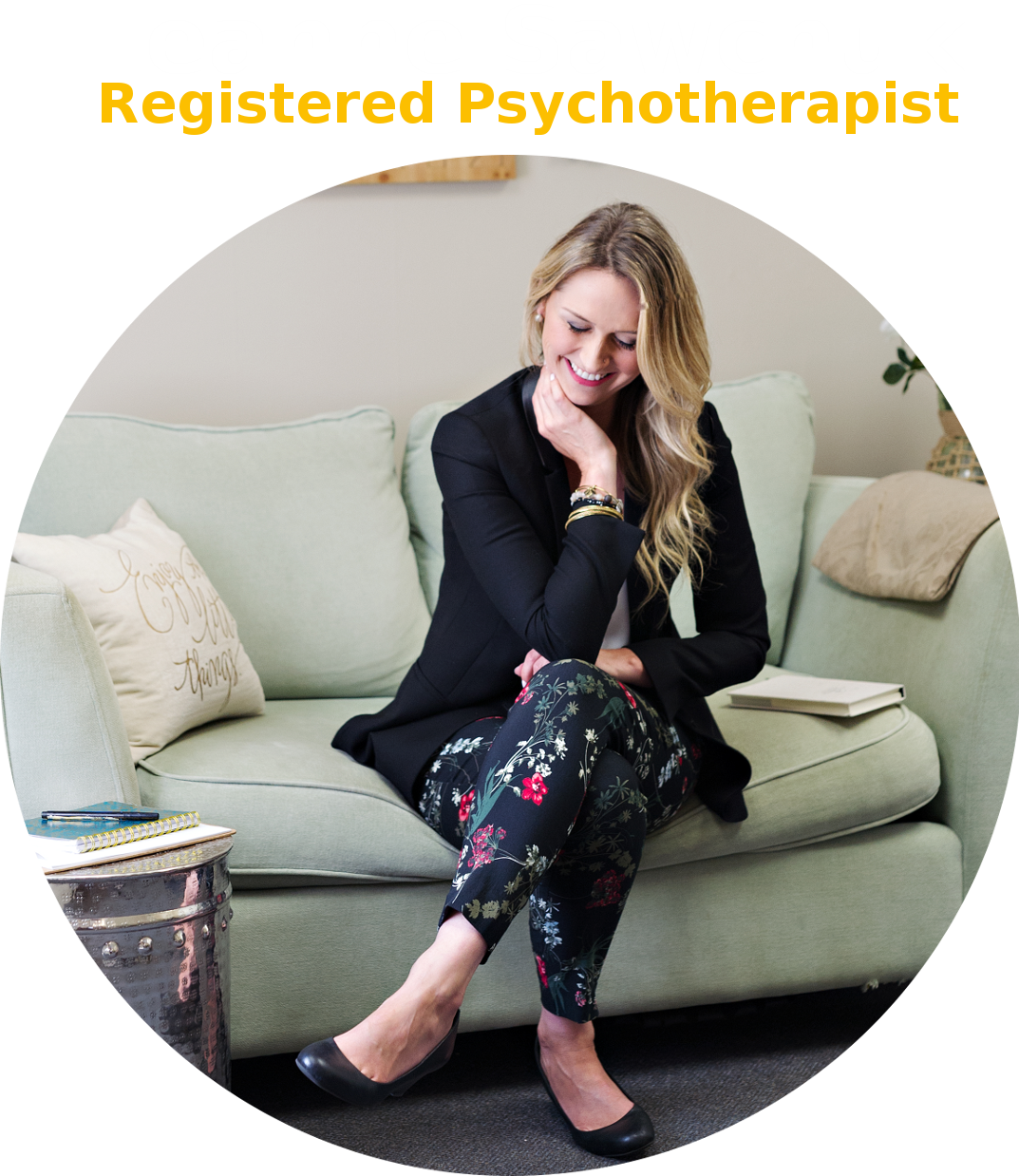As defined, self-deception is a process of denying or rationalizing away the relevance, significance, or importance of opposing evidence and logical argument. It involves convincing oneself of a truth (or lack of) so that one does not reveal any self-knowledge of the deception.
“Deception may give us what we want for the present, but it will always take it away in the end.” ~Rachel Hawthorne
Humans are the masters of self–deception
We lie to cover or deflect so many things, such as; social ideals, our most important life choices, future aspirations, relational happiness, addictive behaviours or strategies, etc.
Self deception often shows up in romantic relationships. At the core we lie because we don’t have enough strength to admit the truth and deal with the consequences that may follow. When we admit and own who we really are we have the opportunity to change.
Ever have an experience with a love interest where you know he/she is not being honest with you? Whether you have proof of this, or it is just based on instincts, you just have a knowing that not all the puzzle pieces are fitting together. In your gut, you do not trust it, but yet you try to convince yourself otherwise. Rather than acknowledge this for what it is, we tend to lie to ourselves because we simply do not want to feel or experience the consequences that may result from both knowing and feeling the truth about a particular situation or person. Self-deception keeps people in unhealthy situations and unhealthy relationships all the time.
Sigmund Freud first described lying through ego defence mechanisms. Essentially these are strategies that protect our core sense of self as a way to protect us from what is really true. For example, “denial”. Denial is refusing to believe that something is true even though it is.
“I do not have a problem with alcohol” (even though I drink every day)
“I am not jealous when I hear other men are interested in my partner” (even though I secretly check her e-mail).
“Of course he is telling me the truth” (even though there are so many puzzle pieces that simply do not connect)
What we end up doing with denial is we rationalize. We know something does not make sense or feel right, but we try to rationalize and thus give it a new falsified meaning.
Self deception leads to an immense amount of pain and regret. To avoid being honest we often make choices that have painful consequences to ourselves and others. For example, we may use drugs, alcohol, eat, shop, gamble, lie, etc. Some people choose not to change, even when they are miserable, thereby deceiving themselves.
Looking back with regret, for some, can be painful because you cannot change the choices you made in the past. What you can do, is either learn from them or not and thus continue to repeat the same pattern. When we do not take full responsibility for who we are, we hurt ourselves and everyone around us.
So, how do we start becoming more honest with ourselves and others?
The first step resides within awareness. In many ways, we become our own personal observer. For example, when what someone says does not match how they behave, or when what you are saying does not match how you are behaving – pause. Wonder about why this is not matching up. Why can you express one thing and act/behave in an entirely different way. Why can he/she tell you how much they care about you in words, yet their actions seem so opposite. When you become aware that you are thinking irrational thoughts – pause. Check in with yourself and ask “what does this say about me in this moment?” When you are feeling unresolved/unsettled about something or someone – pause. Check in with yourself and ask “what does my response to this person or situation say about me?” Being able to use the process of “pausing” and asking yourself some pretty important questions in the moment is critical in developing self awareness.
As we become more honest and aware we become more responsible for ourselves and can own our story. This not only increases our awareness, but allows us to be more present with how we are feeling in a particular situation or with a particular person and make honest decisions based on this.
Although we cannot change or avoid all of the things we may encounter during our existence, what are responsible for is our reactions or responses to all of them. We are responsible for ourselves. Period.
One of the best ways to confront our self-deception is through the use of Psychotherapy. I am not saying this out of bias, I am saying this because countless amount of client work and experience proves this statement to be true. It is probably one of the only relationships that you will have in your entire life that exists solely to benefit you. If you find the right therapist that is suitable for you, you will be able to open up in a very new way, thus learning so much about yourself, but mostly – you can be honest.
The truth about therapy is that it takes tremendous courage to be vulnerable with another person. Confronting our self deception can be a life long journey, but a worthwhile one.
Choose to become more honest about the lies you choose to tell yourself. Choose to live a more fulfilling life, because you only have one. Choose to be a more honest liar because what’s scarier than something changing is everything staying the same.



